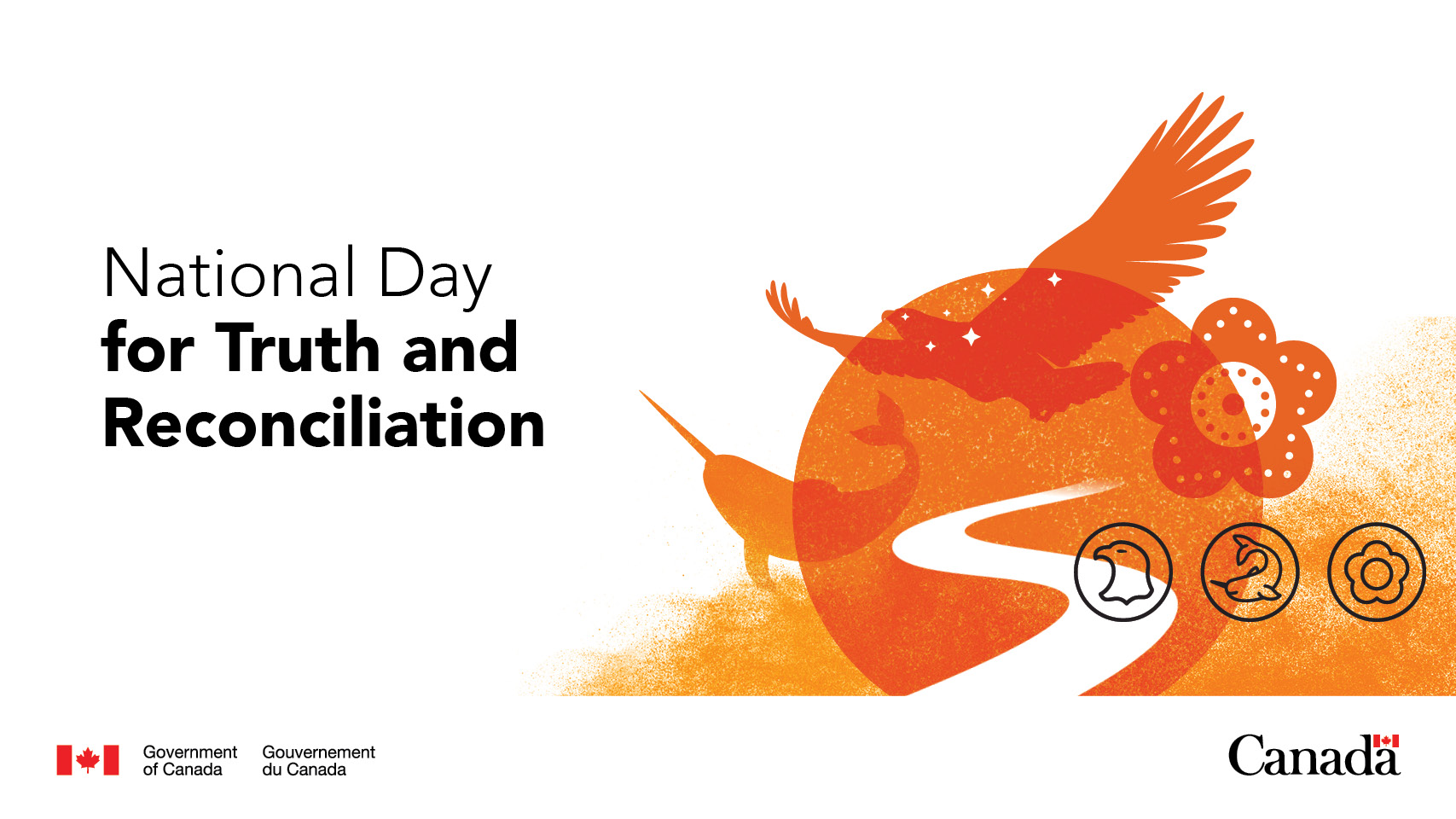For National Day for Truth and Reconciliation 2024, let’s reflect through the power of music. This day, observed on September 30th, encourages Canadians to honour Indigenous peoples by acknowledging the devastating impacts of the residential school system and contributing to the ongoing healing process. It is an opportunity for education, reflection, and action. As part of this observance, we can immerse ourselves in a thoughtful playlist that amplifies the voices of Indigenous musicians and artists, celebrating their resilience and the richness of their cultures.
The Importance of Truth and Reconciliation
The National Day for Truth and Reconciliation was created to commemorate the painful history and lasting impacts of residential schools in Canada. This day follows the work of the Truth and Reconciliation Commission (TRC), which highlighted the systemic oppression of Indigenous peoples through assimilationist policies. Residential schools took children from their homes and communities, denying them their language, culture, and families. The scars of this traumatic past still affect Indigenous communities today, and this day provides an opportunity to reflect on those injustices and the importance of meaningful reconciliation.
In observance of this day, Canada encourages participation in events, wearing orange shirts as a symbol of solidarity, and supporting Indigenous voices. Music is one way to engage with the culture and stories of Indigenous peoples, fostering a connection that transcends words.
A Playlist for Reflection and Healing
To help honour this day, we have curated a playlist featuring Indigenous artists whose music sheds light on the Indigenous experience. From somber, reflective tracks to empowering anthems, the music allows for a deeper connection to the stories and history that must never be forgotten.
The playlist highlights both emerging and established artists, with themes ranging from reclaiming identity, mourning loss, and celebrating resilience.
Continuing the Conversation
Listening to these songs provides an emotional and educational experience, but Truth and Reconciliation Day is about more than just listening. As we engage with these artists and their stories, we must also look for ways to support Indigenous communities through action. Consider attending local events, learning more about Indigenous history, or contributing to Indigenous-led organizations.
Music offers a space for reflection, and this playlist is a tool for fostering empathy, understanding, and connection. Together, through art and action, we can support the healing process and honour the enduring strength of Indigenous peoples.
This year’s National Day for Truth and Reconciliation reminds us that while healing is ongoing, music continues to be an incredible source of strength and unity in the pursuit of justice.
For more information on this important day, check out the Canadian Heritage website, which highlights key resources, events, and ways to get involved.

